What Keto Really Does to Your Gut Bacteria
The Gut Microbiome on Keto: Friend or Foe?
The gut microbiome is one of the hottest topics in health and nutrition today. With links to everything from immunity to mental health, the trillions of bacteria in your digestive tract play a massive role in your overall well-being. But how does the ketogenic diet affect this delicate microbial ecosystem?
Some worry that reducing carbs means starving your good gut bugs. Others point to keto’s anti-inflammatory effects and metabolic benefits. So, is keto helping or hurting your microbiome?
Let’s dive into the science.
Why the Gut Microbiome Matters
The human gut is home to over 100 trillion microbes. These bacteria help:
- Digest food and extract nutrients
- Regulate the immune system
- Produce neurotransmitters like serotonin
- Modulate inflammation
- Maintain gut barrier integrity
A diverse, balanced microbiome is associated with better health, while dysbiosis (imbalance) is linked to issues like obesity, Type 2 diabetes, depression, and autoimmune conditions[1].
Keto and the Microbiome: A Mixed Narrative
Critics of keto often argue that its lower fiber intake could harm gut health. After all, many beneficial bacteria thrive on prebiotic fibers found in certain carbs. But this assumes that all carbs are beneficial—and that all keto diets lack fiber.
In reality, a well-formulated ketogenic diet can include ample fiber from even limited amounts of:
- Leafy greens (spinach, kale)
- Cruciferous vegetables (broccoli, cauliflower)
- Avocados
- Nuts and seeds
- Fermented foods (kimchi, sauerkraut)
Studies show that keto, in fact, doesn’t starve the microbiome—but it changes its composition[2].
What the Research Shows
- Keto Reduces Inflammation and Gut Permeability
A mouse study published in Cell found that ketogenic diets reduced levels of pro-inflammatory Th17 immune cells and improved gut barrier integrity, suggesting a more anti-inflammatory microbial profile[3].
- Shifts in Microbial Composition
A clinical study on obese adults following a ketogenic diet showed a reduction in certain Firmicutes (linked to obesity) and an increase in beneficial Bacteroidetes[4].
Another study found increases in Akkermansia muciniphila, a bacteria associated with leanness, reduced inflammation, and improved metabolic health[5].
- May Improve Microbiome Diversity
While very-low-fiber keto diets may reduce microbial diversity, keto with an intake of non-starchy vegetables and fermented foods can maintain or even improve it. One study found that a Mediterranean-style ketogenic diet preserved microbiome richness while improving metabolic markers[6].
Prebiotic Options on a Ketogenic Diet
Even without grains or high-sugar fruits, keto eaters can include prebiotics to nourish gut flora:
- Inulin and oligofructose: found in chicory root, garlic, onions, leeks (in small amounts)
- Polyphenols: found in cocoa, olive oil, berries (low-carb portion sizes)
- Resistant starches: legumes or cooked and cooled potatoes (in moderation)
Supplemental prebiotics like partially hydrolyzed guar gum or acacia fiber can also support the microbiome while remaining keto-friendly.
Probiotic-Rich Keto Foods
Fermented foods are powerful allies for gut health. Keto-friendly options include:
- Sauerkraut (non-pasteurized)
- Kimchi
- Pickles (fermented, not vinegar-brined)
- Coconut kefir
- Yogurt (unsweetened, full-fat, live cultures)
Adding these to a keto diet supports microbial diversity and digestive health.
Keto for Gut Disorders
Interestingly, ketogenic diets have shown promise in managing some gut-related conditions:
- Irritable Bowel Syndrome (IBS): keto may reduce gas, bloating, and diarrhea for some individuals by minimizing fermentable carbs (FODMAPs)[7].
- Crohn’s and Colitis: emerging research suggests a potential role in reducing inflammation, though more studies are needed.
- Small Intestinal Bacterial Overgrowth (SIBO): low-carb diets may help by depriving excess bacteria of their main fuel: fermentable sugars and starches.
Key Takeaways: Keto and the Microbiome
- A poorly planned keto diet (e.g., all bacon) can negatively impact gut health.
- A well-formulated keto diet rich in non-starchy vegetables, fermented foods, and fiber can support a healthy, diverse microbiome.
- Keto may reduce harmful bacteria, lower inflammation, and improve gut barrier integrity.
- Prebiotic and probiotic strategies can further enhance microbial balance.
Conclusion: Friend, Not Foe
The keto diet can be great for the microbiome—but it must be done thoughtfully.
With the right fibers, probiotic foods, and microbial diversity in mind, keto can be a terrific gut-friendly approach that supports digestive, metabolic, and immune health.
As always, individual responses vary. If you’re experiencing digestive issues on keto, it may be time to look at your fiber intake, food variety, or add gut-supportive foods and supplements.

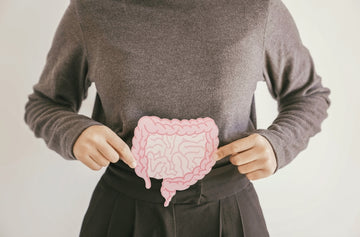





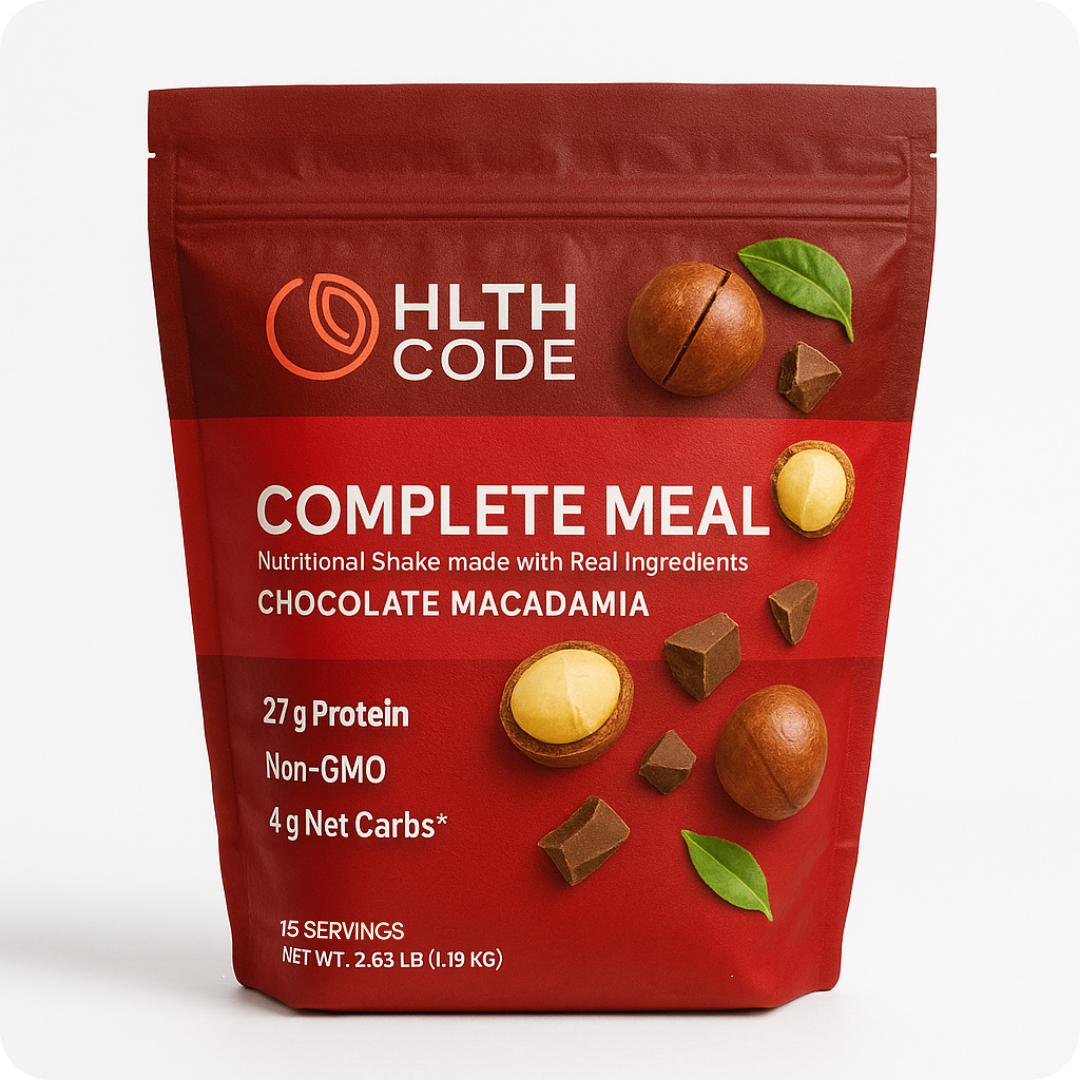
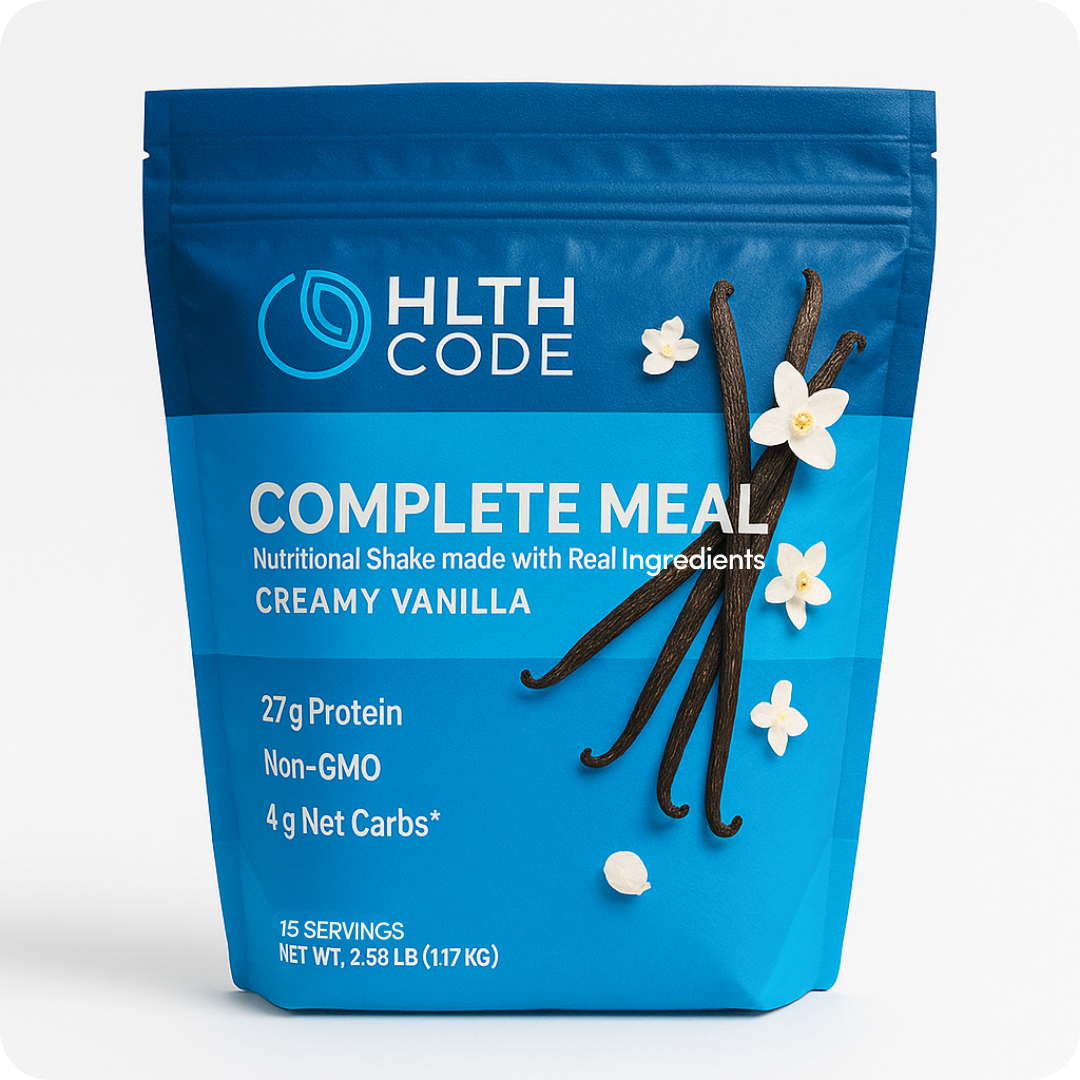
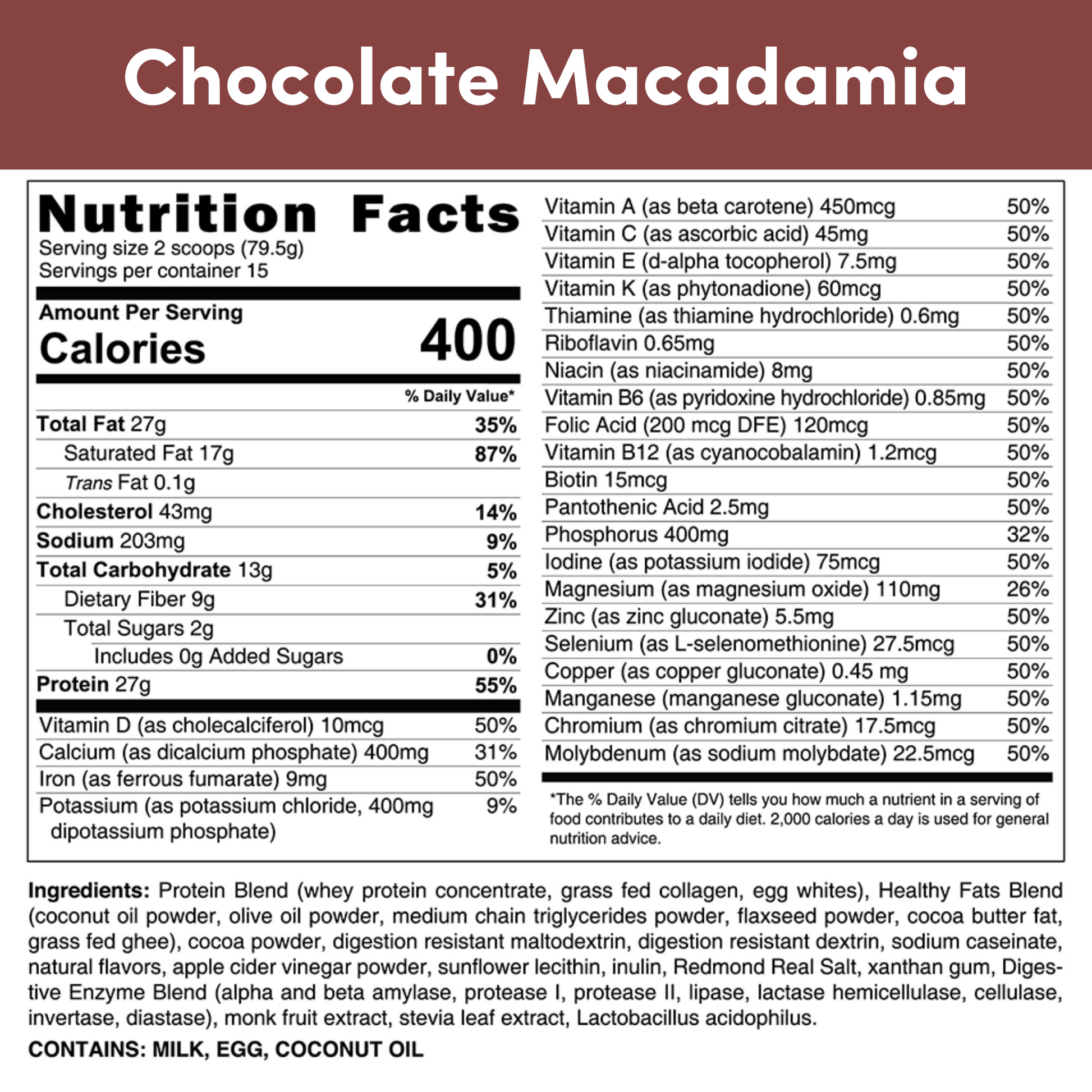
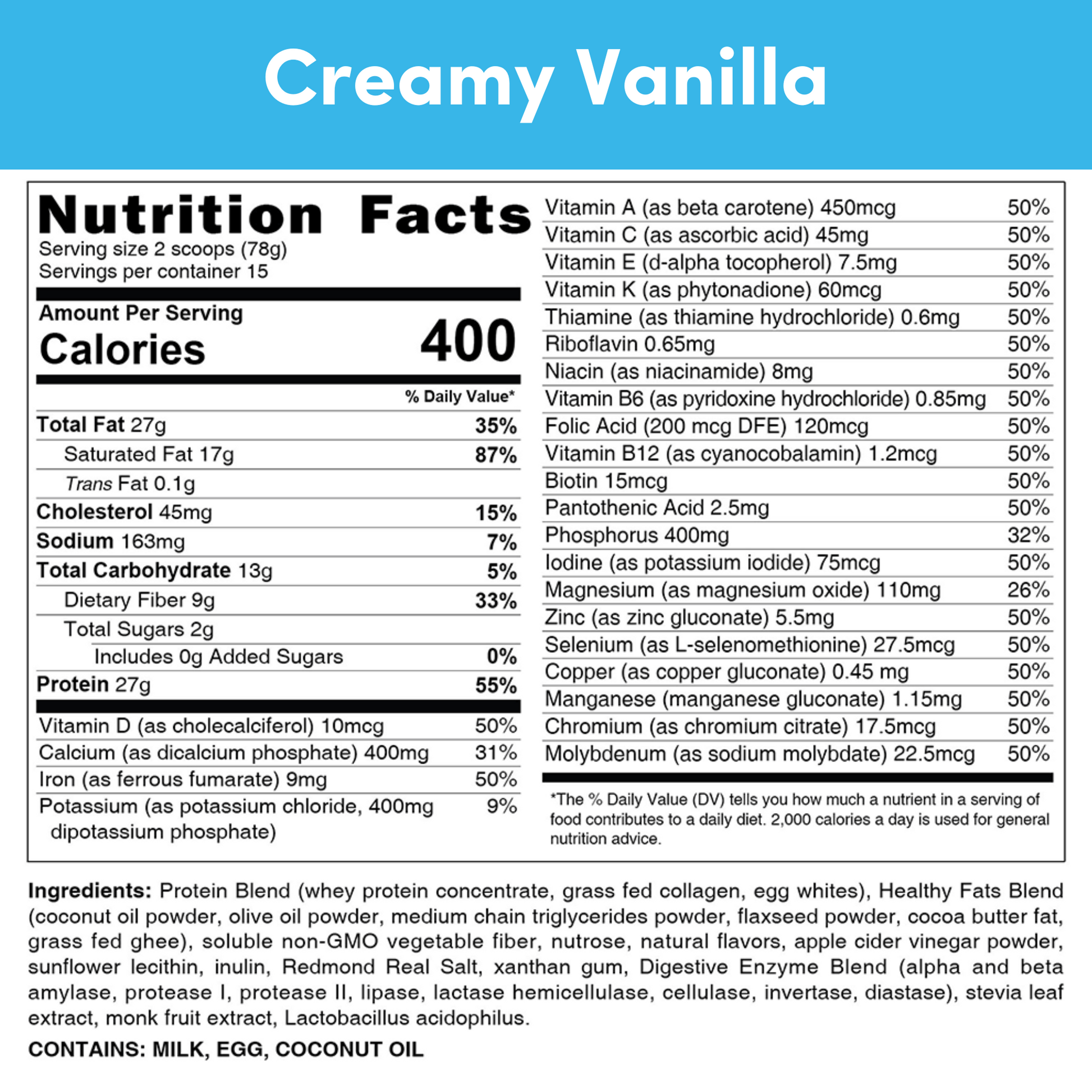



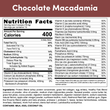


 30 Day Money Back Guarantee
30 Day Money Back Guarantee